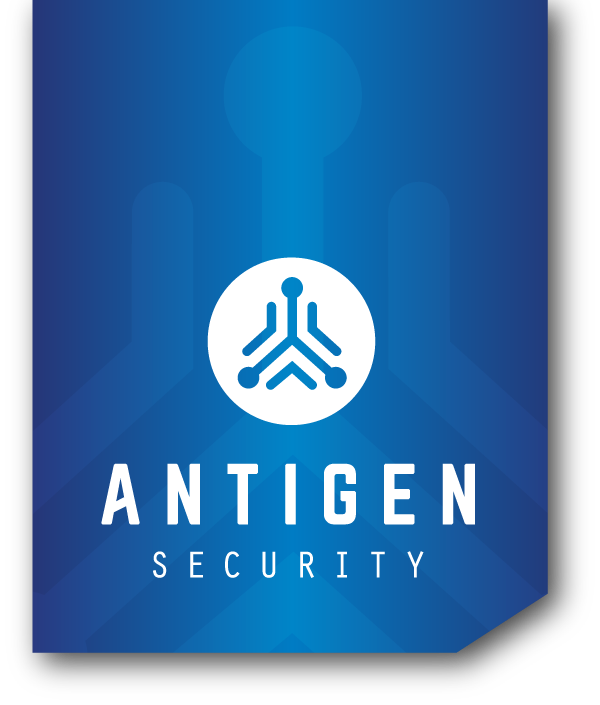FTC Safeguard Rules - Automotive Industry
Case Study: Empowering Automotive Dealerships to Achieve FTC Safeguards Rule Compliance and Reduce Cyber Liability Insurance Premiums by Up to 60% with Antigen Security
Background
Automotive dealerships handle a wealth of sensitive customer information, including financial records, credit applications, and personally identifiable information (PII). Recognizing the critical need to protect this data, the Federal Trade Commission (FTC) updated its Safeguards Rule, mandating that non-banking financial institutions, such as auto dealerships, implement comprehensive information security programs to safeguard customer information.
Antigen Security offers tailored cybersecurity solutions to assist automotive dealerships in meeting these stringent requirements, enhancing their security posture, and potentially reducing cyber liability insurance premiums by up to 60%.
Challenges Faced by Automotive Dealerships
The revised FTC Safeguards Rule, effective June 9, 2023, imposes several obligations on automotive dealerships:
Designation of a Qualified Individual: Appointing a person responsible for overseeing the information security program.
Risk Assessments: Conducting periodic assessments to identify and address potential security risks.
Access Controls: Implementing measures to control who can access customer information
Encryption: Encrypting customer information both in transit and at rest.
Multi-Factor Authentication (MFA): Utilizing MFA for individuals accessing customer information.
Incident Response Plan: Developing a plan to respond to security events.
Monitoring Service Providers: Ensuring that third-party service providers maintain appropriate safeguards.
Compliance with these requirements can be daunting, particularly for dealerships lacking dedicated IT security resources.
Antigen Security’s Solution
Antigen Security provides comprehensive services to help automotive dealerships navigate and comply with the FTC Safeguards Rule:
Information Security Program Development: Assisting in creating a written program tailored to the dealership’s size and complexity.
Risk Assessment Facilitation: Conducting thorough assessments to identify vulnerabilities and recommend appropriate safeguards.
Access Control Implementation: Establishing protocols to ensure only authorized personnel can access sensitive information.
Data Encryption Solutions: Providing tools and strategies to encrypt data effectively.
MFA Deployment: Implementing multi-factor authentication mechanisms to enhance security.
Incident Response Planning: Developing and testing response plans to address potential security breaches.
Vendor Management Support: Evaluating third-party service providers to ensure they comply with security standards.
Financial Impact: Insurance Premium Reduction
By achieving compliance with the FTC Safeguards Rule through Antigen Security’s services, automotive dealerships can demonstrate a robust security posture to insurers. This proactive approach can lead to significant reductions in cyber liability insurance premiums, with potential savings of up to 60%.
Conclusion
Antigen Security empowers automotive dealerships to meet the rigorous standards of the FTC Safeguards Rule, ensuring the protection of sensitive customer information. Through comprehensive cybersecurity solutions, dealerships not only achieve compliance but also enhance their overall security and realize substantial cost savings on cyber liability insurance.
